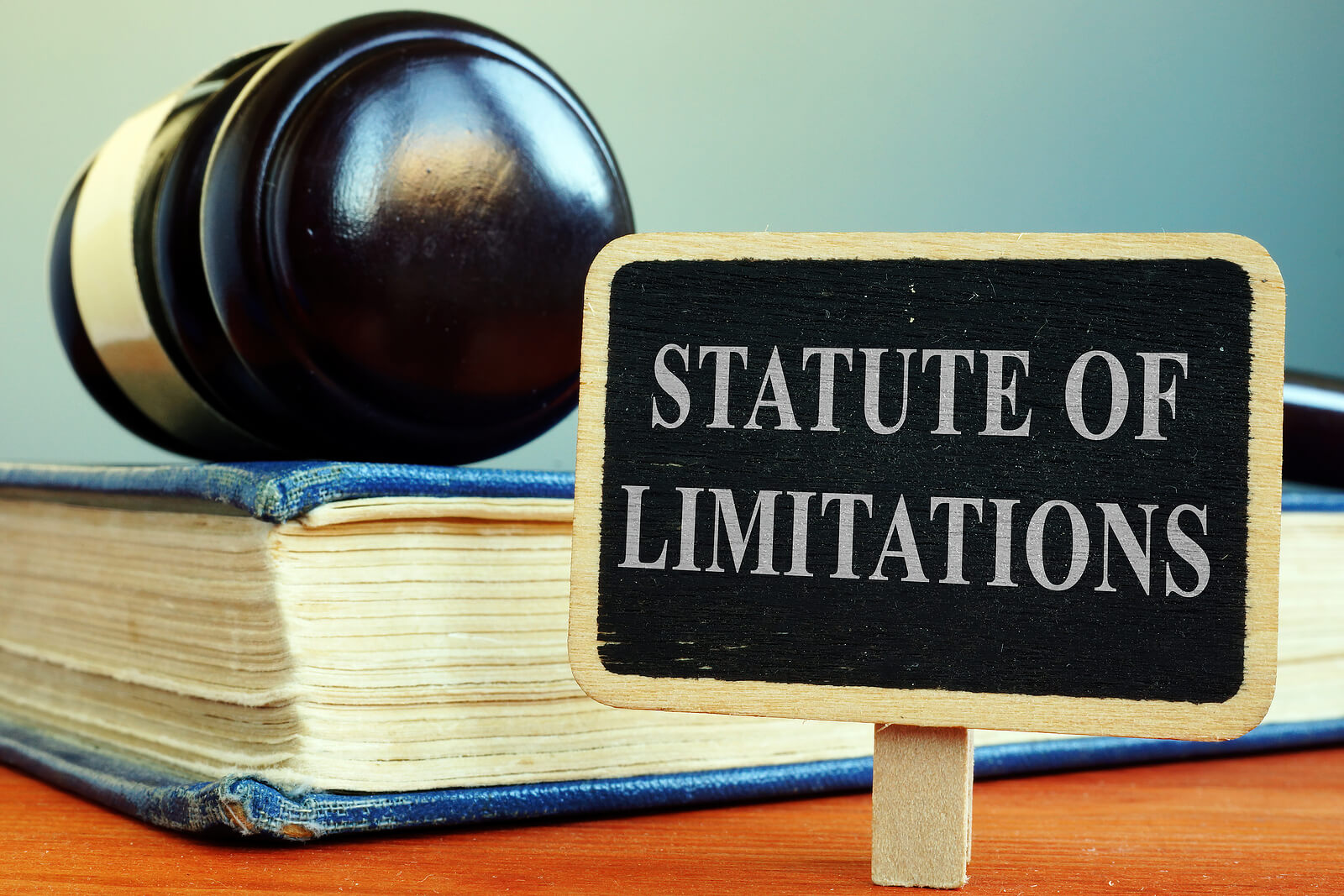When it comes to bankruptcy proceedings, most people don’t ever set foot in a courtroom, and have very little, if any, contact with a judge. Typically, when you file for bankruptcy, you have to fill out detailed paperwork, meet with a bankruptcy attorney, and make a one-time appearance at a ‘341 hearing’, otherwise known as a meeting of creditors. 341 hearings rarely last over thirty minutes and are merely a formality. But there are instances, namely an adversary proceeding, when bankruptcy can get a little more complicated.
Adversary Proceedings Explained
Adversary proceedings are rare when it comes to consumer bankruptcies, because they are complicated and only take place when there is a fundamental disagreement between the creditor and debtor.
An adversary proceeding can be filed by any party that is actively engaged in an ongoing bankruptcy case. That means a creditor, a trustee, or even you can file for an adversary proceeding if you have a dispute. Let’s review some of the inner workings of what an adversary proceeding is and what takes place during these legal motions.
What Happens in an Adversary Proceeding?
An adversary proceeding is a trial within a trial and is conducted as such. It begins when the plaintiff, typically the debtor or the creditor, files a complaint with the bankruptcy court. Whoever is bringing the lawsuit will compile a list of grievances and other evidence and present it to the court. Witnesses can be called during an adversary hearing as well, although this is very rare. If the court deems the allegations worthy of further investigation, the bankruptcy court will then issue a summons to the defendant in question along with a copy of the official complaint.
Upon receiving the complaint, depending on local bankruptcy laws, the defendant has a defined number of days to respond. Within that period of time, the defendant must respond to the allegations and file a response. If the defendant chooses to exceed that deadline, the bankruptcy court may offer the plaintiff a default judgment.
If you are currently in the process of negotiating the terms of your bankruptcy, and have received a summons for an adversary hearing or want to litigate the terms of a portion of your bankruptcy, it is best to contact an experienced bankruptcy attorney. They will be able to provide you with the most accurate overview as it pertains to your case and also help you successfully navigate the proceedings.
Types of Adversary Proceedings
Due to the varying degrees of adversary claims, it is tough to provide detailed examples of exactly what to expect. Every case is different. Here is a list of the most common types of adversary proceedings.
- Motion for Relief from Stay – One of the most common examples in which a ‘motion for relief from stay’ is filed is during a pending Chapter 13 bankruptcy case, when the mortgage holder wants to proceed with a foreclosure. The creditor or lender will petition the court to lift the automatic stay, so that they can proceed with collections, despite the ongoing bankruptcy. The outcome will weigh heavily on if the homeowner is hoping to save their home through Chapter 13 or agrees to surrender the property.
- Objection to Discharge – This form of an adversary proceeding would occur if there is proof that a bankruptcy filer may be attempting to commit fraud or is abusing the bankruptcy process to benefit themselves. A creditor or trustee can present the court with evidence and dispute the debtor’s discharge of debt. If the lender or creditor is successful in proving that the debtor failed to comply with bankruptcy guidelines, the debt in question could be deemed nondischargeable debt.
- Objection to Exemption – During a Chapter 7 bankruptcy, most personal property is protected. However, if a trustee disagrees with the debtor’s list of protected assets or suspects that the asset was undervalued, they have the right to file an adversary proceeding to dispute the asset in question. A court will then decide whether that property or asset is protected under Chapter 7 bankruptcy law.
- Fraudulent Transfers – If there is suspicion of fraudulent transfers on behalf of the debtor, then the bankruptcy trustee may have grounds to file adversary proceedings and have the court hear the evidence. Examples of fraudulent transfers would be money or ownership of property changing hands within two years prior to the debtor filing for bankruptcy. This would be considered constructive fraud if proven.
QUESTIONS ABOUT CALIFORNIA BANKRUPTCY? CONTACT OAKTREE LAW!
OakTree Law is open for business during the COVID-19 crisis. If you’re in need of an experienced Los Angeles bankruptcy attorney that can help you either file for, or defend yourself during adversary proceedings, reach out to OakTree Law now. We’ll help you properly navigate complicated bankruptcy proceedings so you can get back on your feet. Serving clients in Los Angeles, Orange County, and throughout Southern California, OakTree is here for you. Call us at 888-219-0654 for a free phone consultation today!








